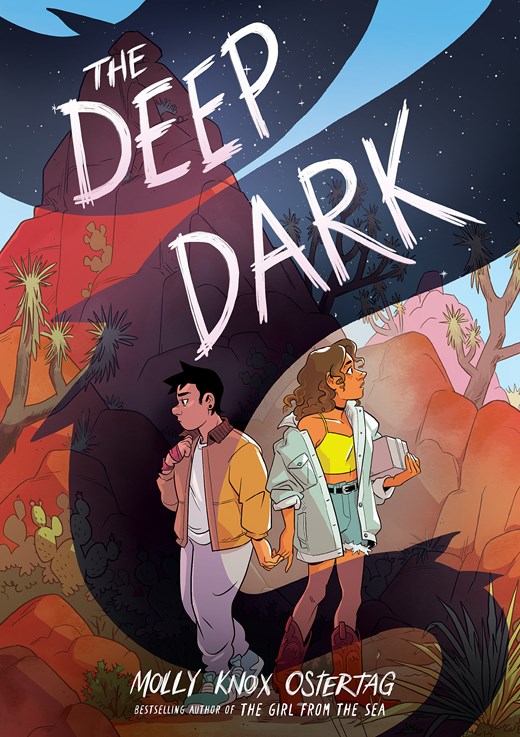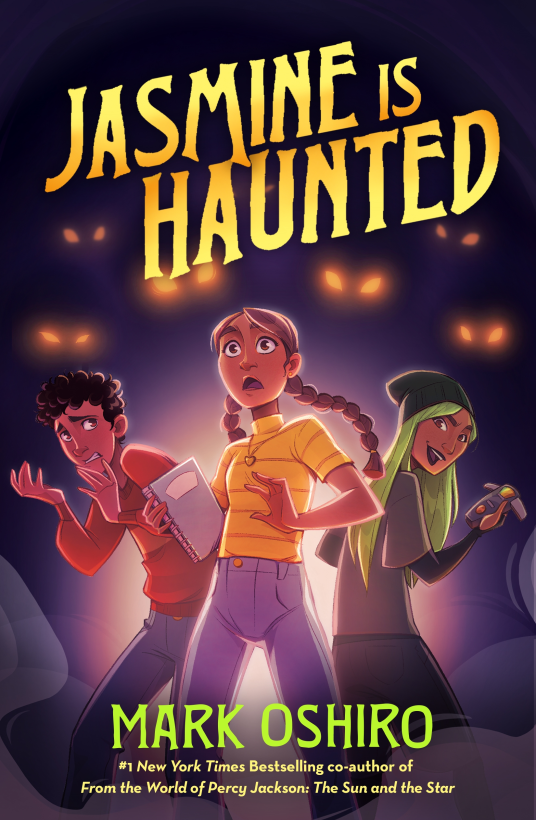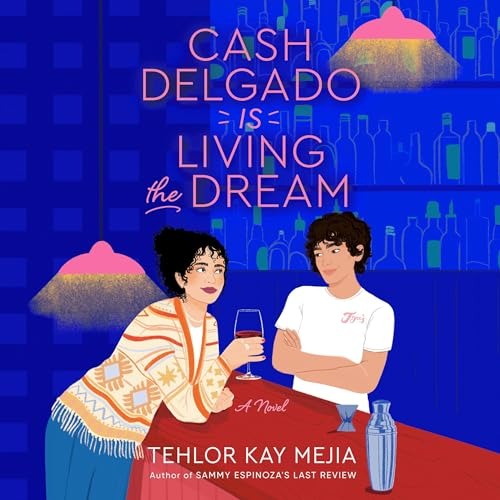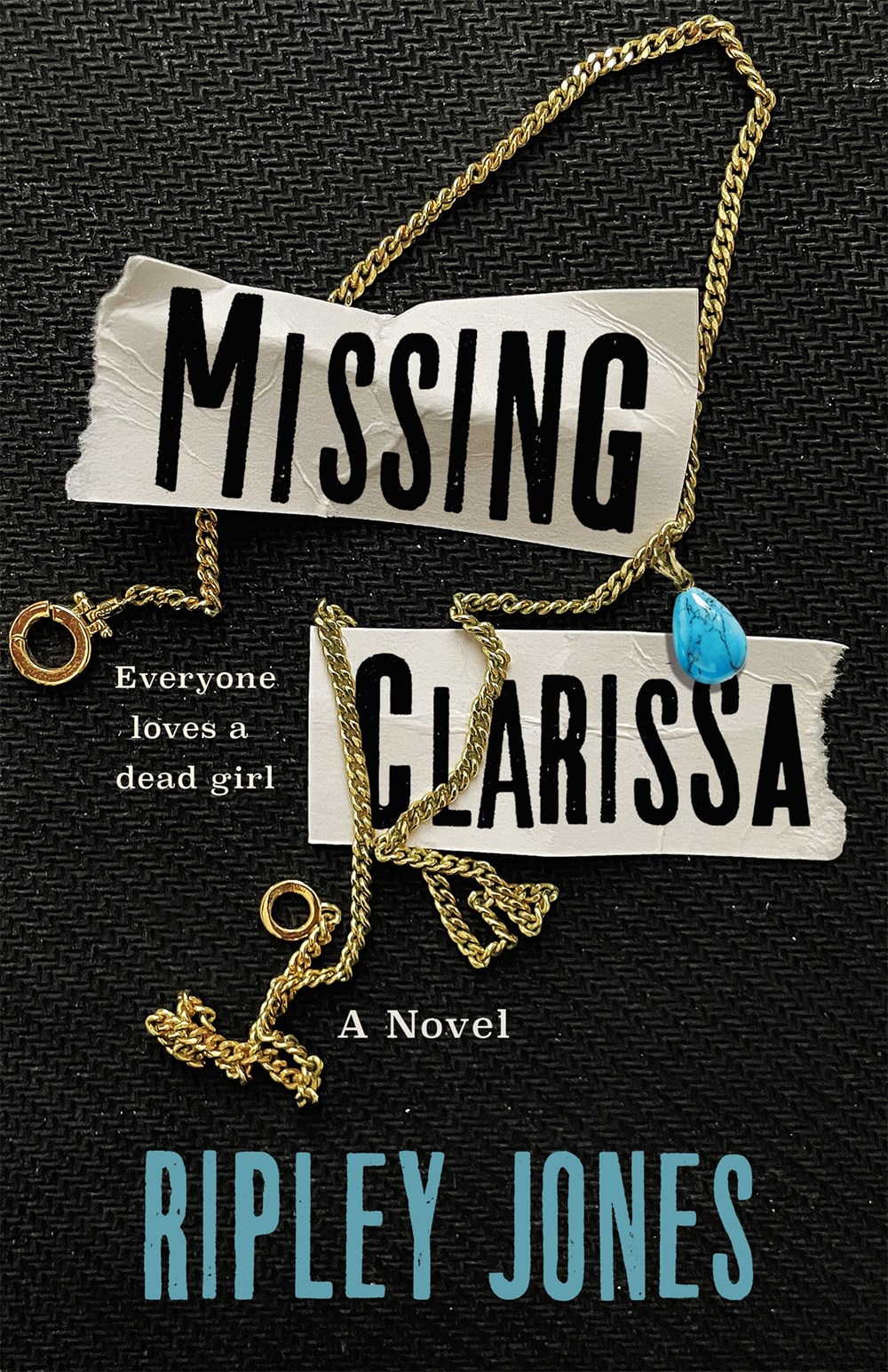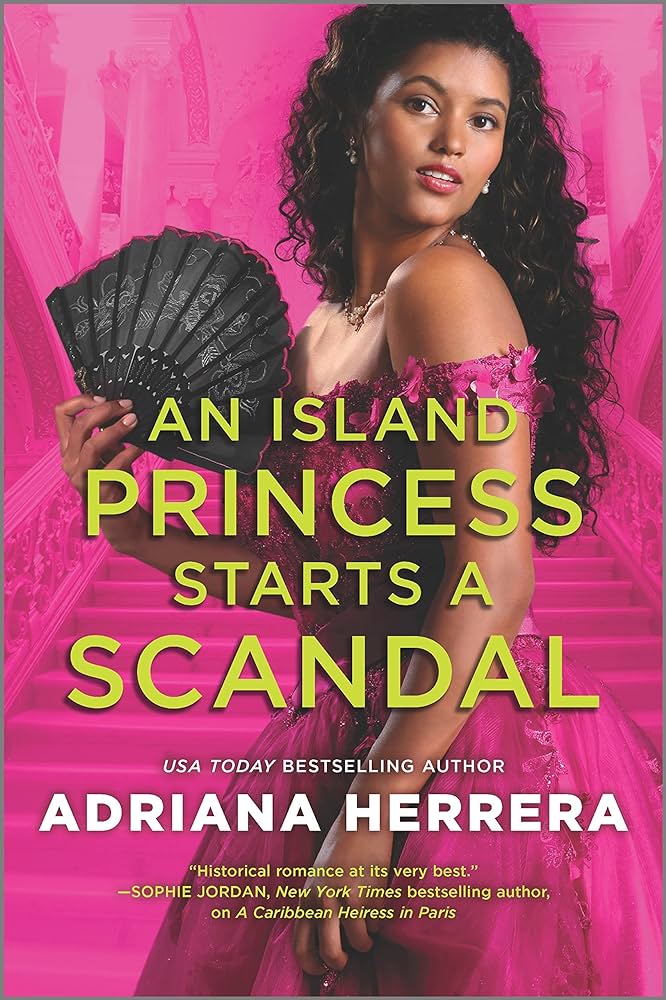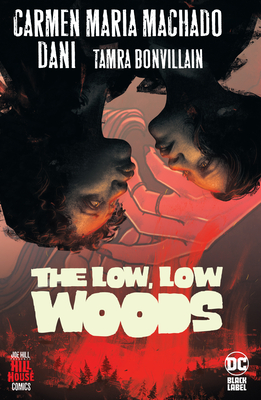Already a fan of Molly Knox Ostertag’s The Girl from the Sea, I had a good feeling about the weighty tome that is The Deep Dark. Friends, this poignant graphic novel delivered and then some. It’s like someone translated the sensation of waiting for the other shoe to drop and described the steps someone would take toRead More
Grief and the Gay Supernatural Alliance: Jasmine is Haunted by Mark Oshiro
Jasmine Garza is tired of moving, she’s tired of switching schools, and she’s tired of her Mami not believing her. Ever since her father died, she’s been haunted—but not by him. By a ghost who wants to ruin her life, apparently, because it keeps getting her into trouble. She’s tried to talk to her MamiRead More
The Queer Graphic Novel That Had Me Sobbing at 3 A.M.: The Deep Dark by Molly Knox Ostertag
Buy this from Bookshop.org to support local bookstores and the Lesbrary! You’re all fired for not tell me how good this is. I liked The Girl From the Sea, so I put a hold on Ostertag’s newest sapphic graphic novel, but I hadn’t heard anything about it, so I my expectations were pretty grounded. IRead More
A Rivals to Lovers Soccer Romance: You Don’t Have a Shot by Racquel Marie
Buy this from Bookshop.org to support local bookstores and the Lesbrary! Racquel Marie’s You Don’t Have a Shot is a YA romance that centers around Valentina Castillo-Green, a high school soccer star whose life revolves around the sport. After an abrupt end to her junior year soccer season, Vale ends up at soccer camp, co-captaining a teamRead More
A Painfully Oblivious Lesbian Love Story: Cash Delgado Is Living the Dream by Tehlor Kay Mejia
Buy this from Bookshop.org to support local bookstores and the Lesbrary! Your enjoyment of Cash Delgado Is Living the Dream will depend heavily on how you feel about reading hundreds of pages of a truly oblivious queer main character. The kind of character who googles, “Can you be straight and have a sex dream aboutRead More
Two Takes On Intersectional #MeToo YA Lit: What Works and What Doesn’t
Trigger warnings (apply to both books): sexual assault, grooming, minor instances of racism (mostly microaggressions) Trigger warnings (Missing Clarissa): kidnapping, gun violence Trigger warnings (For Girls Who Walk Through Fire): ableism, supernatural violence This past month, I read two books that struck me as remarkably similar. Both were multiple perspective YA books that dealt withRead More
A Standing Ovation for Clap When You Land by Elizabeth Acevedo
Buy this from Bookshop.org to support local bookstores and the Lesbrary! “There is another girl / on this planet / who is my kin. / My father / lied to me / every day of my life. / [ . . . ] I want to put my fingers / against my sister’s cheek. /Read More
A Steamy Lesbian Historical Romance in France: An Island Princess Starts a Scandal by Adriana Herrera
Buy this from Bookshop.org to support local bookstores and the Lesbrary! “A person could live a lifetime in six weeks, Your Grace. Entire lives have been changed in less.” Picture this: it’s summer, your sunscreen is applied, and you’ve taken the day off to spend solo on the beach. You’ve already taken a dip inRead More
Folk Horror Misogyny: The Low, Low Woods by Carmen Maria Machado and DaNi
Bookshop.org Affiliate Link I read this during Dewey’s 24 Hour Readathon in the last hour before I went to sleep, and I think this is a perfect choice for a horror graphic novel to read on an October night. El and Vee are two queer teens living in the small town of Shudder-To-Think. As theyRead More
Queer F/F Rom-Com for National Hispanic Heritage Month: The Lesbiana’s Guide to Catholic School
Bookshop.org Affiliate Link The Lesbiana’s Guide to Catholic School had been on my reading list for way too long and I am so glad I finally opened it up to celebrate National Hispanic Heritage Month (September 15-October 15)! The sweet characters, nuanced coming-of-age and coming out story, and will-they-or-won’t-they first F/F romance had me hookedRead More
